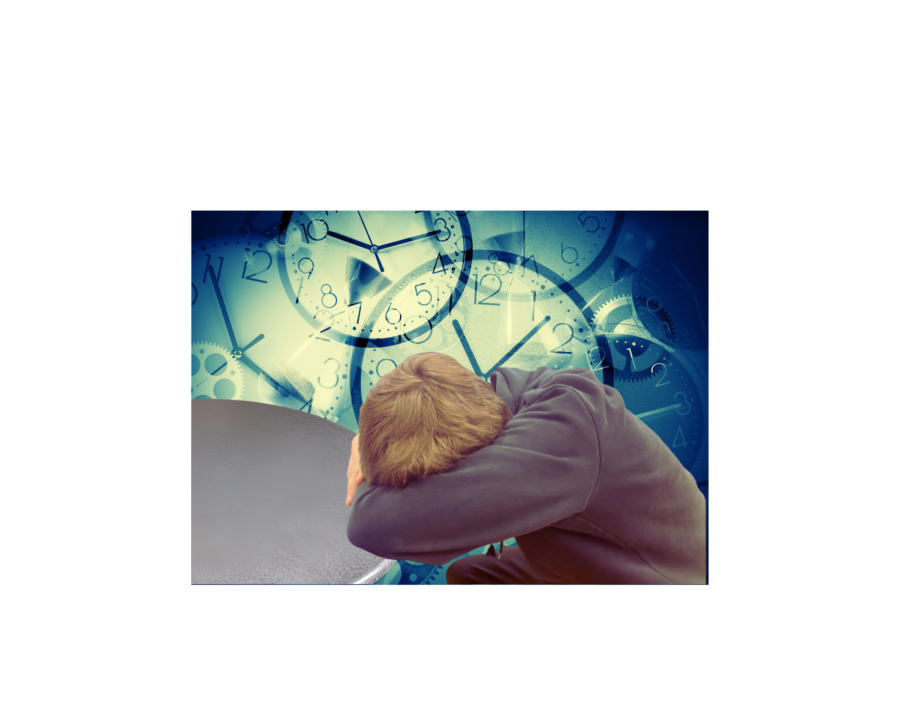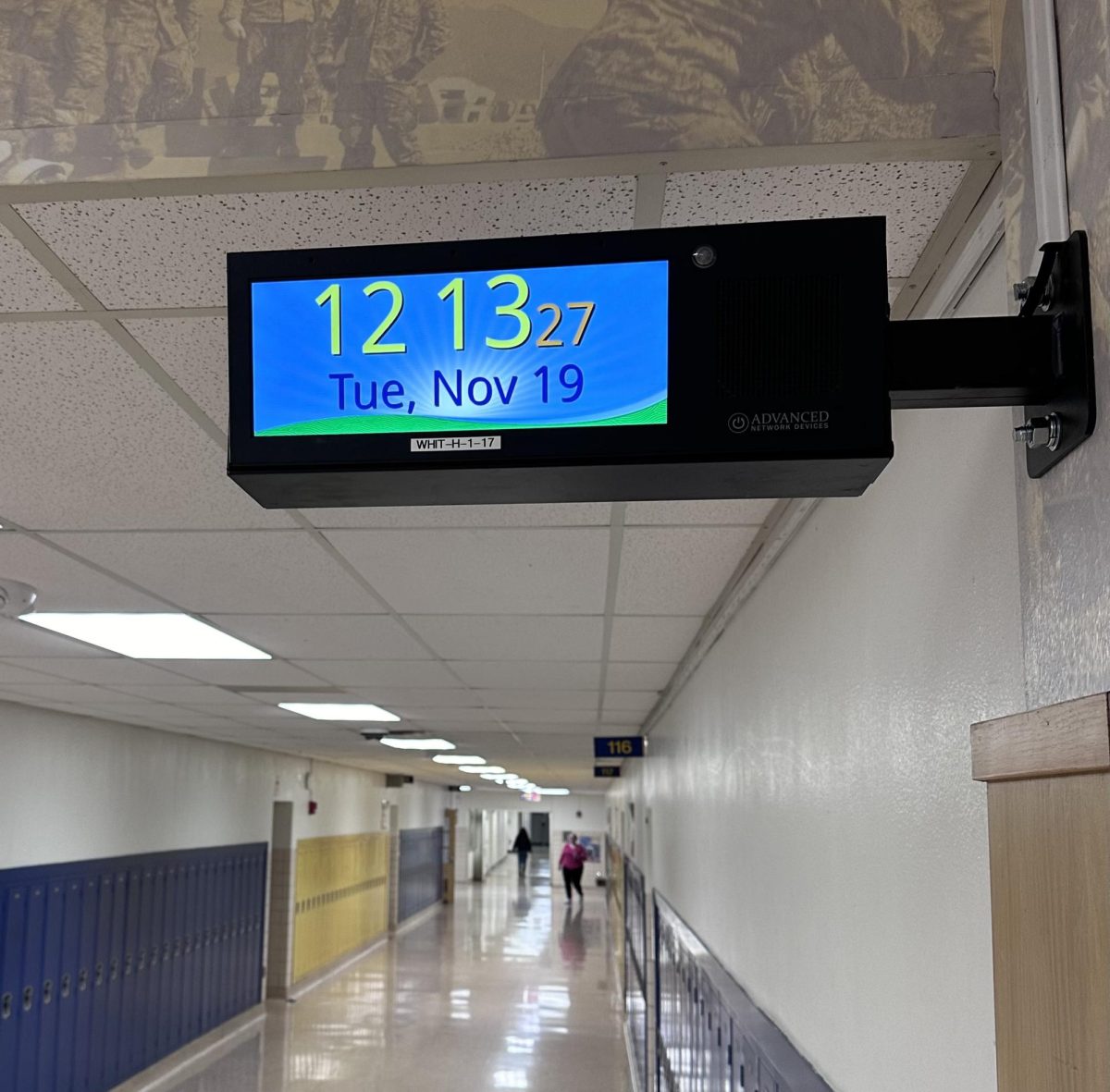Daylight Savings Time: Is It Worth It?
May 23, 2023
On March 12th, the country moved the clocks forward one hour in a tradition that started during World War II. Every year, however, the question rises: Is Daylight Savings Time worth the trouble?
Daylight Savings Time (DST) takes place between the second Sunday of March and the first Sunday of November. In March, the clock “springs forward” one hour, and in November, the clock “falls back” one hour. The time change was implemented during WW2 to try to save energy and give people more daylight during the summer months.
However, a 2016 study in the Munich Personal RePEc Archive (MPRA) has shown that the effect DST has on energy savings is close to zero. With newer information about the actual benefits of DST, some people question why the program is still running.
“I feel like, if the main purpose for it’s implementation is moot,” freshman Noah Reardon responded, “then it’s probably not the best system to have in place”.
A different study published in the Journal of Clinical Sleep Medicine (JCSM) found that high school students lost an average of two hours of sleep in the week following the spring forward time change. Students and teachers alike have confirmed that they also feel more tired after the change in early March.
“For the first week, it sucks,” junior Samuel Mulinix said. “I’m tired.”
“I think when we spring forward, you guys lose out on sleep,” government teacher Mr. Matt Berman commented. “You guys are already tired… so everybody’s performance is less than optimal.”
That same study showed a decrease in vigilance for students during the day, and an increase in sleepiness. This could lead to the end of the practice.
A bill has been reintroduced into Congress to end the changing of the clocks this year. Many people support this action, as they see the change as pointless. Some people have other thoughts, though.
“I feel like it’d be kind of weird,” Mulinix responded. “Everyone would be so used to changing their clocks.”
Opinions on DST vary. The main sentiment shared by almost everyone is that the spring forward in March is difficult and disliked.
“Well,” Reardon commented, “it’s kind of disruptive a lot of times.” His peers agree,“I like it one half of the year, I hate it the other,” Mulinix said.
Teachers are no different and express similar negativity.
“I don’t like it,” social studies teacher Matt Berman responded. “… I would prefer if we just stuck with one of the times.”
The question of a modified schedule has come up a few times. This year, the stars aligned for Whitmer to have a teacher work day immediately after the time change, but people were still tired.
“Definitely a two-hour delay or another work day type of situation in the future,” Berman said. “That’s always beneficial.”
Many see DST as an outdated practice. According to Berman, there are only “one or two percent of Americans that are farmers” in the present day. Factories can now operate throughout the entire day, and night workers don’t gain anything from extra sunlight.
“I mean, there are definitely some benefits to it,” Reardon said, “but considering the state of modern life it doesn’t really benefit anybody.”






